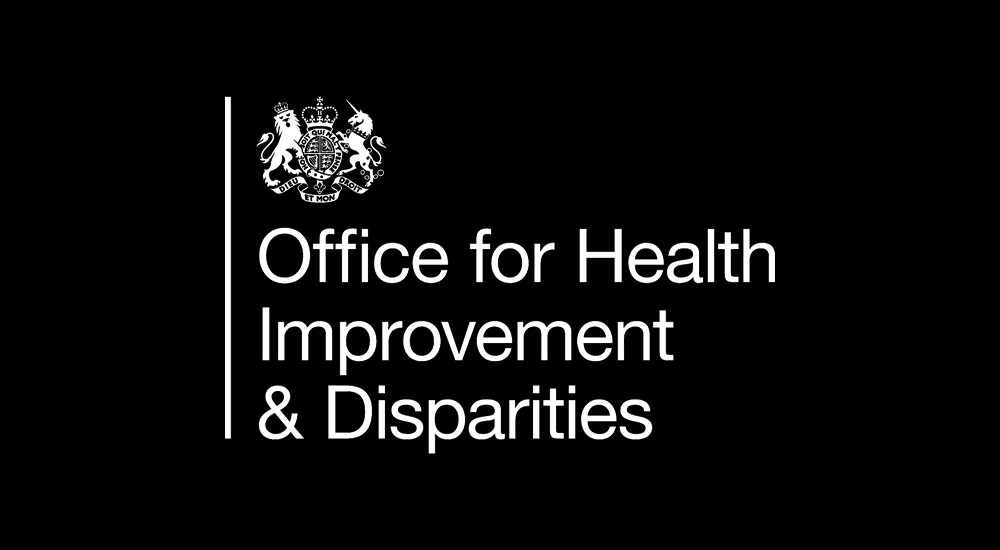New report on the need for gambling disorder treatment published today

Researchers at the University of Sheffield, in collaboration with the University of Glasgow, have conducted a study that sheds light on the prevalence of harmful gambling in England.
The report, "Gambling treatment need and support in England: main findings and methodology", was commissioned by the Office for Health Improvement and Disparities (OHID), and was published today (7 December 2023) on Gov.uk. It estimates that nearly 1.6 million adults in England may require some form of treatment or support for their gambling.
The study, which utilised data from the Health Survey for England and a Delphi consensus survey, identified the types of treatment and support that different groups of people who gamble might need. OHID and the research team grouped the support and treatment available for harmful gambling into six types:
- Brief advice
- Extended brief interventions
- Psychosocial interventions delivered by voluntary sector services
- Psychologist-led CBT
- Intensive residential treatment
- Peer support
The researchers estimated that there are 970,000 adults in England who might benefit from a 'level 2 intensity' treatment, which typically involves two or three sessions of motivational interviewing delivered by gambling-specialist practitioners. Around 243,000 adults might benefit from a 'level 4 intensity' treatment, which typically involves eight to fourteen sessions of psychologist-led cognitive behavioural therapy (CBT) for gambling disorder.
Almost 40,000 adults might benefit from the most intensive type of treatment, which typically involves a 12-week residential treatment programme including one-to-one therapy and group sessions.
Principal Investigator Dr Robert Pryce of the Sheffield Addictions Research Group said:
"We are excited to release the findings of this study and are grateful to those who participated in the consensus survey. The estimates highlight the need for investment in gambling treatment and support services in England. They also demonstrate the variation in need across local authorities, which should be considered when allocating resources for treatment and support services."
If you'd like to discuss the report in more detail please contact sarg@sheffield.ac.uk.
SARG researchers share insights into youth and student drinking at national conference
Researchers from the Sheffield Addictions Research Group (SARG) recently presented their findings on youth and student drinking trends at the Student Health Association Annual Conference, held from Sunday 29 June to Tuesday 1 July 2025 in Sheffield.
SARG researchers co-author new book exploring 'culture of caution' in youth drinking decline
A new book by an international team of experts, including researchers from the Sheffield Addictions Research Group (SARG), unpacks the complex social, cultural and economic factors driving the decline in young people's alcohol consumption.
SARG's Lucy Burke wins Open Research Prize 2025
Lucy Burke, a Qualitative Research Associate and PhD Student with the Sheffield Addictions Research Group (SARG), has been awarded the University of Sheffield Open Research Prize 2025 in the Postgraduate Researcher (PGR) category.
SARG showcases research at School of Medicine and Population Health event
Researchers from SARG are set to showcase their work at the University of Sheffield's School of Medicine and Population Health Research and Innovation Meeting 2025.
You might also be interested in…
Gambling
The Sheffield Addictions Research Group is actively engaged in emerging areas of gambling research, seeking to understand and address the complex issues surrounding addiction and public health.
SARG team highlights alcohol and gambling research at the Festival of Social Science
The Sheffield Addictions Research Group (SARG) recently took part in the ESRC Festival of Social Science by hosting an interactive activity stand in Sheffield's Moor Market.
SARG success at SSA Annual Conference 2023
PhD student and SARG team member Anna Butters was awarded the prize for the best overall student poster at this year's Society for the Study of Addiction (SSA) Annual Conference which took place in Newcastle in November 2023.
